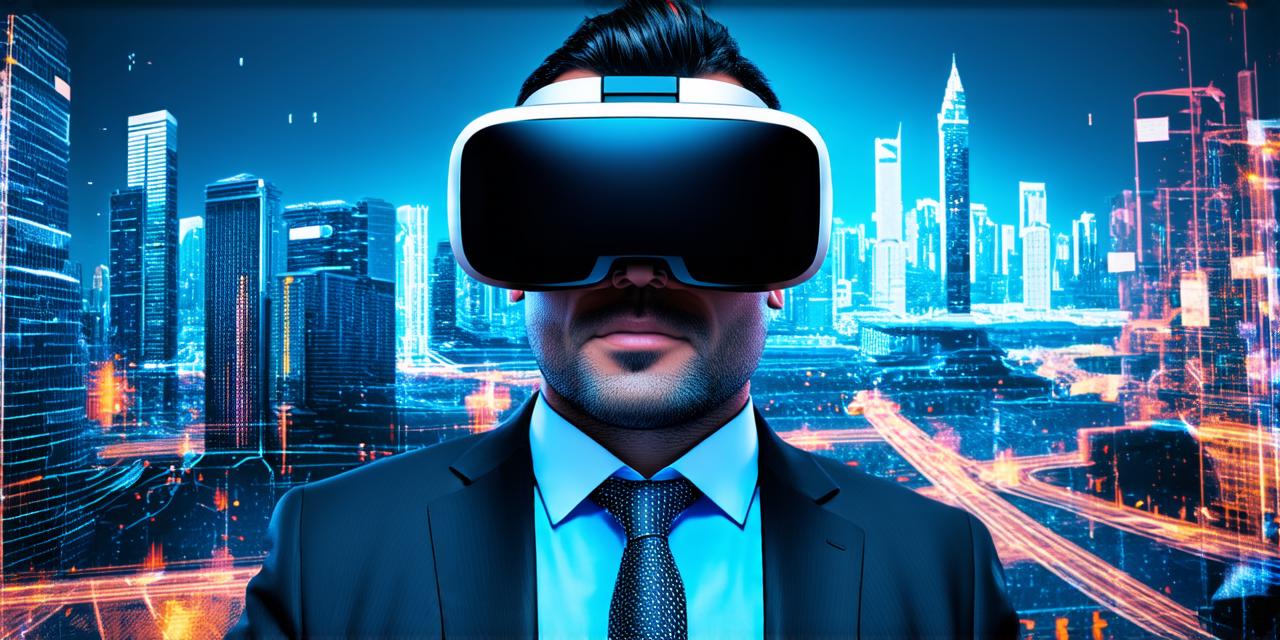
Who is the owner of VR?
Virtual reality (VR) technology has been around for several decades, and its ownership is a topic that has been debated extensively. In this article, we will explore who owns VR, including the companies, individuals, and organizations involved in its development and distribution.
Table of Contents
ToggleCompanies Owning VR
One of the most well-known companies in the VR industry is Oculus. Oculus was founded in 2012 by Palmer Luckey, who later sold his company to Facebook for $2 billion in 2014. Since then, Facebook has continued to invest heavily in VR technology, including developing its own line of VR headsets and software.
Another major player in the VR industry is HTC. HTC’s Vive headset was one of the first commercial VR systems, and the company continues to develop and distribute VR hardware and software. In addition to HTC, other companies that own and operate in the VR industry include Samsung, Sony, and Microsoft.

Individuals Owning VR
While companies are a significant part of the VR industry, individuals also play a role in its ownership and development. One such individual is Jaron Lanier, who is a computer scientist, author, and critic of technology. Lanier has been involved in the development of several VR projects, including a project called “The People’s VR,” which aimed to create an open-source VR platform that would be accessible to everyone.
Organizations Owning VR
There are also organizations that own and operate in the VR industry, including universities and research institutions. For example, the University of California, Irvine has a VR lab that conducts research on the use of VR for medical treatments and education. In addition, the U.S. Department of Defense has invested heavily in VR technology for military training purposes.
Summary
In conclusion, ownership of VR is a complex issue that involves companies, individuals, and organizations. While there are several major players in the industry, including Oculus and HTC, individuals like Jaron Lanier also play a role in its development and ownership. Additionally, organizations such as universities and research institutions invest in VR technology for various purposes. As VR continues to evolve and grow, it will be interesting to see how ownership and distribution of this technology changes in the future.

